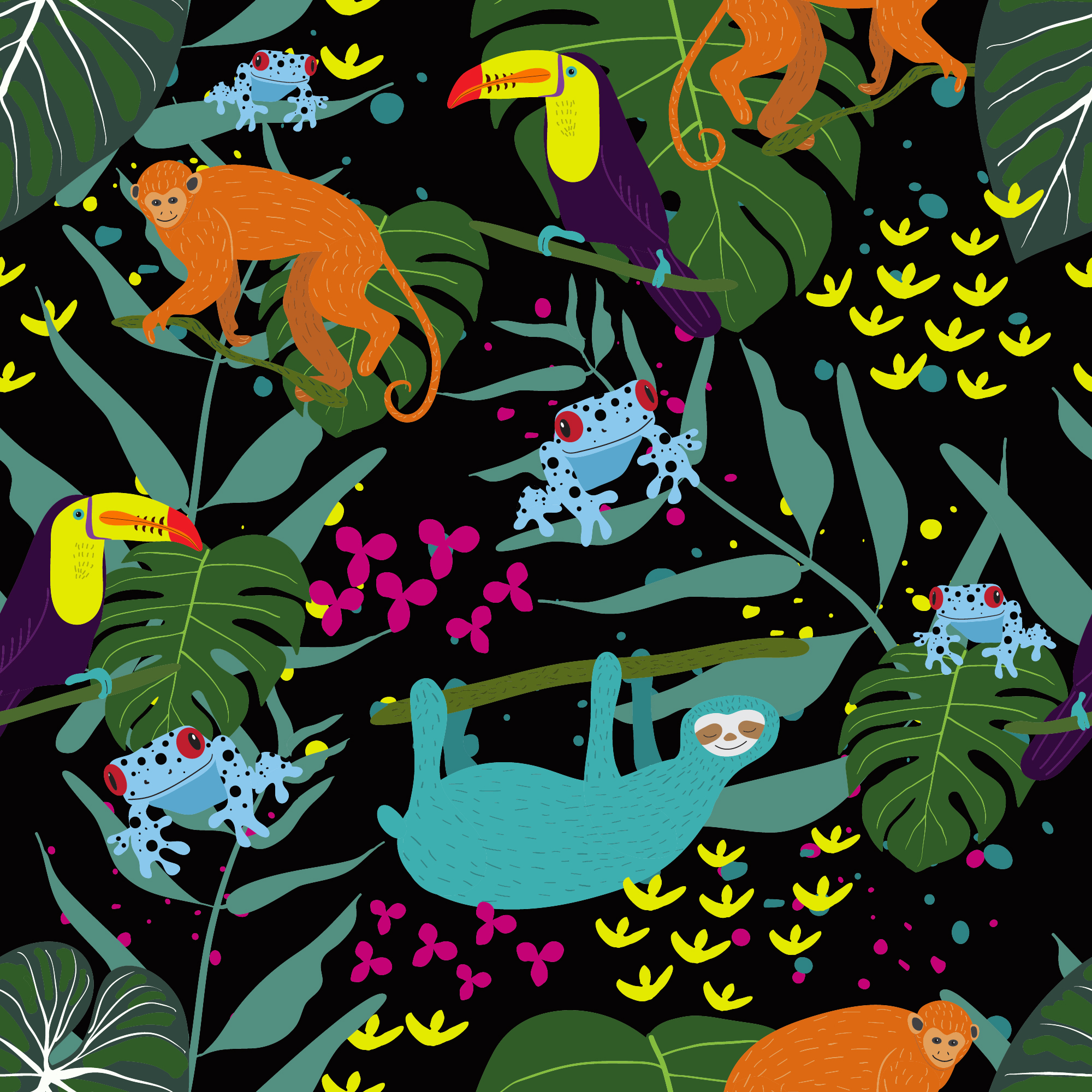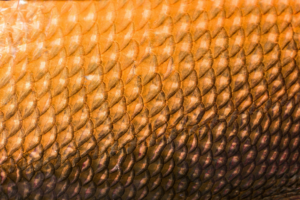12/03/2020

British Science Week is here, a ten-day celebration of science, technology, engineering and mathematics for children in the UK. This year children are being introduced to the world of training artificial intelligence data sets.
2020’s eagerly anticipated Citizen Science “Zooniverse” partnership ramps up the “zoo” and shrinks the “universe” to a few chunks of South America. The public are being asked to help save spider monkeys, a lovable group of primates under threat from our insatiable appetite for palm oil.
So how do AI and wildlife conservation fit together?
Drones are flying round South American forests taking photographs, and British Science Week is asking children to get involved by tagging spider monkeys in the photographs. Based on the data collected from the tagged photos, an artificial intelligence can be trained to automatically spot spider monkeys in future. Scientists will be able to deploy drones to automatically count and observe spider monkeys, without manual recognition.
The unsuspecting public has been used for several years now to train AI machines to spot objects. Whenever Google asks you to “click on every box that shows a traffic light”, they don’t need to check that you know what a traffic light is, they need to tell their own computers what a traffic light looks like. One of the largest markets for AI object recognition is autonomous vehicles, so if you’ve ever wondered why so many ‘captchas’ ask you to identify a traffic light or a bicycle, this might be why.
Nobody is told that using a ‘captcha’ is training an AI, so what Zooniverse is doing is explicit. They’re using British Science Week to teach children “This is how AI works, and this is what we’re doing with it”. The result should be that children develop an early understanding of what AI is and how it might work. People entering the workplace today see computers and mobile phones as standard as they have been using them since childhood. What will be the effect on the next generation when they have used AI since childhood?
Future patent protection for AI
What happens when an AI invents something? Who owns the invention? The EPO and UKIPO are now explicit that an AI cannot be an inventor, but if our future attorneys and examiners have grown up alongside AI, will their views be different?
The worldwide patent landscape for AI patents is growing exponentially. In 2019, nearly 70,000 AI based applications were published. In 2017 it was 28,000, and in 2010 it was 8,000. The technology behind these is related to the implementation, training, building and communication of AI systems. As ever with rapidly emerging technologies, the team at Reddie & Grose likes to keep ahead of the curve and, if you need advice on AI, machine learning, software patenting, or even self-driving cars, please do not hesitate to get in touch with us.
As to whether an AI or a monkey would own the rights to the monkey’s photo, I think settled case law points in only one direction.
This article is for general information only. Its content is not a statement of the law on any subject and does not constitute advice. Please contact Reddie & Grose LLP for advice before taking any action in reliance on it.

